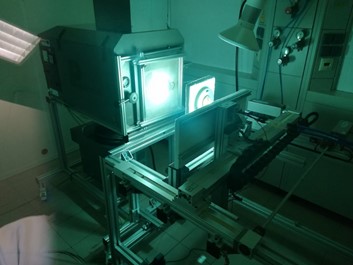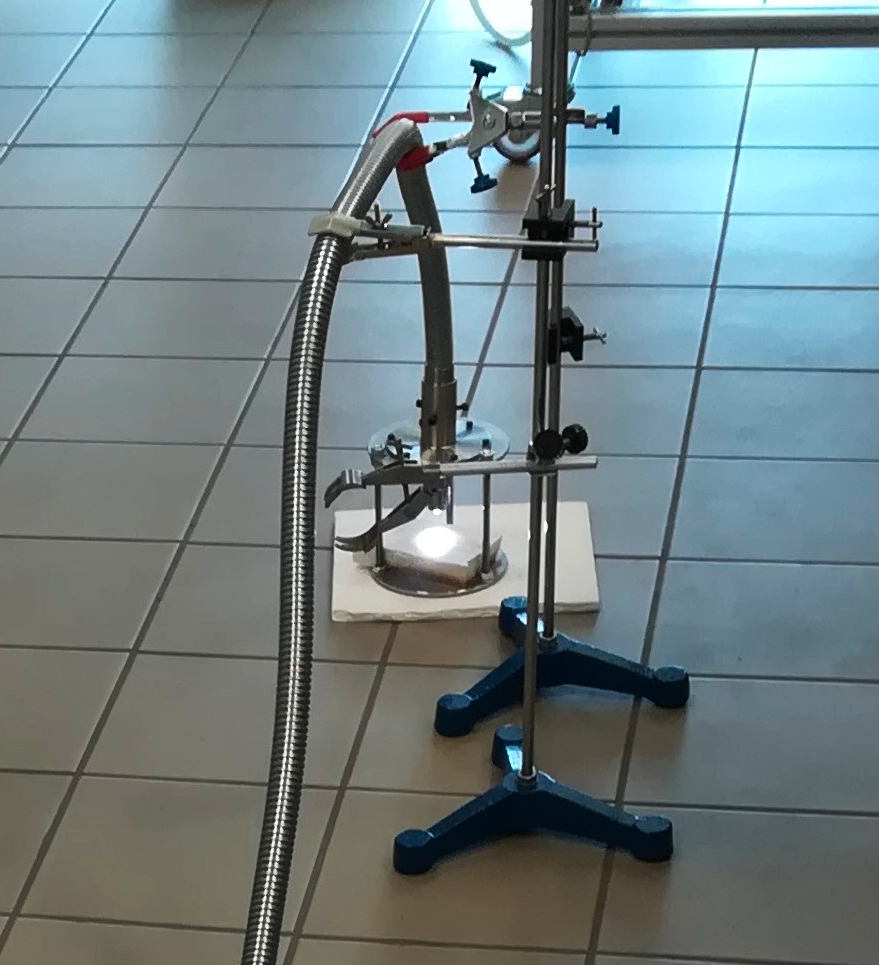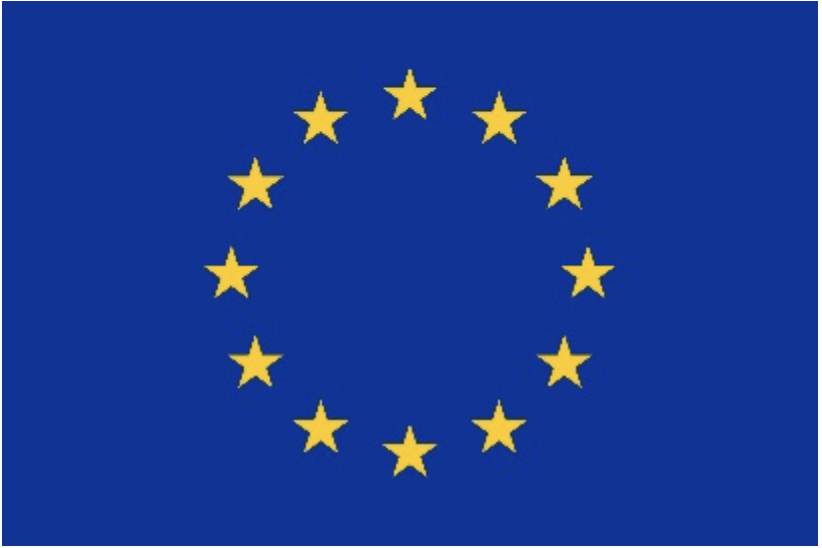Let’s keep on going through the most promising projects carried out in the course of the 1st SFERA-III campaign for Transnational Access. This time, we focus on OpThLenses, a project led by the Instituto Superior Técnico (Lisbon, Portugal) which was granted free access to the High Temperature Processes Laboratory (HTPU-LAB) of IMDEA in June 2019.
About the OpThLenses project
The IST-Lisboa group conducts a research program on using bundles of optical fibers to transmit high solar fluxes. In order to do so, it is necessary to design reliable and robust optical systems located at the optical bundle ends, which are able to collect concentrated solar light and transfer it to/from the bundle tip.
OpThLenses addresses an investigation of the behavior/performance of different commercial lenses subjected to concentrating solar light and identify the most suitable for long-testing periods.
The main results of the project
6 flat-convex and bi-concave lenses were tested in a 7kW-high flux solar simulator. Experiments consisted of monitoring lenses performance and temperature for 1-hour irradiation at constant input power and flux distribution. A total of 13 individual tests were accomplished (see figure 1).

Coupling between optical systems and fibers bundle was tested for both bundle ends (see figure 2).

Successful outcomes
Scheduled tests were successfully achieved and their analysis allowed for demonstrating the feasibility of using commercial lenses for the optical system, identifying critical components and the most suitable lenses for this application.
About SFERA-III Transnational Access
The 3rd TA campaign of SFERA-III will be launched at the end of Summer 2020. This next call for projects will provide free access to 13 state-of-art research infrastructures and 47 installations in Concentrated Solar Thermal power in 8 countries. In the meantime, you can watch the last webinar about TA for key information about the call for projects!

This project has received funding from the European Union’s Horizon 2020 research and innovation programme under grant agreement No 823802
